In this day and age, the term “money” is no longer limited to bills and coins. I, for one, have money stored not only in banks but also in digital wallets and other financial technology platforms. They can also come in the form of shop credits and in-app money thanks to the development of fintech.
One of the most significant advancements in fintech is digital currencies. Their origins date back to the 1980s but they were nowhere near as popular and accessible as they are today. With the rise of the internet and computers, more and more people own and trade digital currencies.
For those not familiar with such money, this can be an intimidating topic. I certainly thought so when I was starting to deal with digital money. Worry not because, in this article, I talk about the new currencies that have emerged over the decades and how you can get them.
- About Digital Currencies
- The Legalities of Digital Currencies
- How it Works
- Getting Your Hands on Crypto
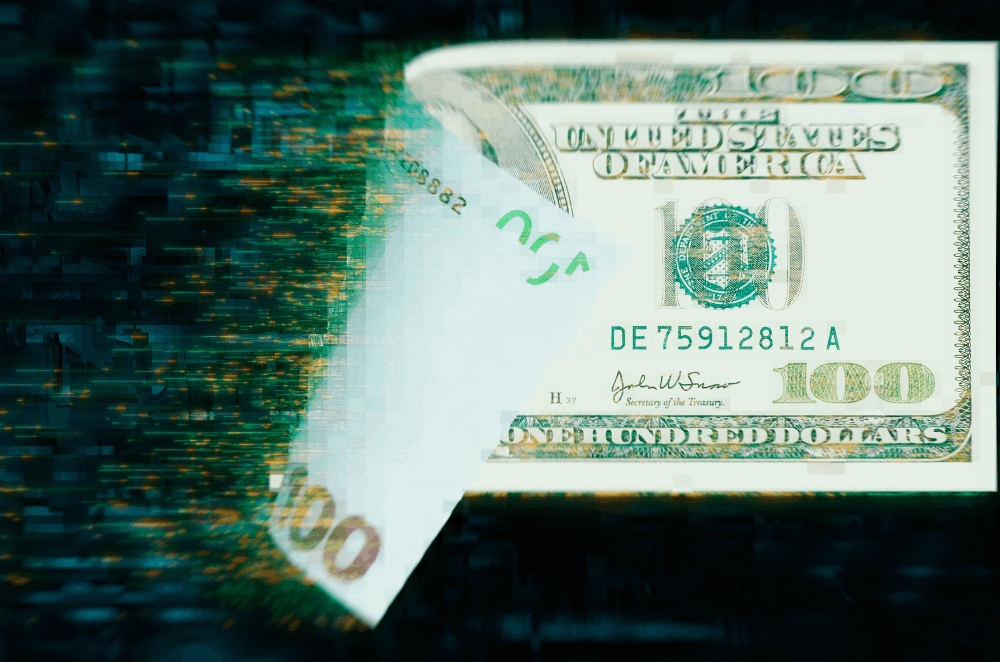
About Digital Currencies
When I hear about digital currencies, the first thing that comes to my mind is cryptocurrencies and this would not be wrong. Digital cash refers to money that is available in digital form. This covers different currencies such as my money on PayPal or Bitcoin.
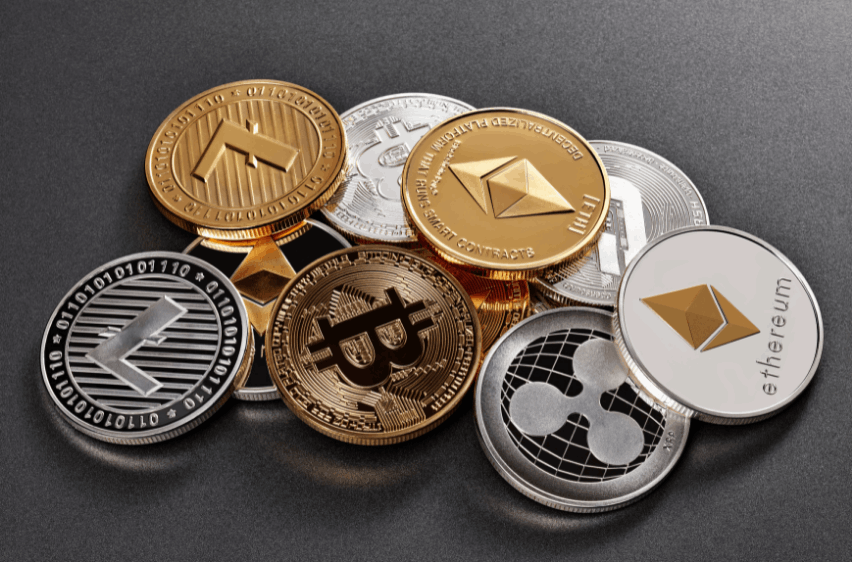
What I want to emphasize is that “digital currencies” and “virtual currencies” are not interchangeable: the two do not have the same meaning. It is important to remember that this is an umbrella term that covers different types of currencies that exist digitally.
The truth is, the term “digital currency” covers electronic money and virtual cash. E-money is the digital equivalent of sovereign currencies, while ‘virtual currency’ refers to units of value with a decentralized system, unlike sovereign money.
Sovereign money is also called fiat money, which is a currency that is issued by a government that is not based on physical commodities such as gold and silver. The U.S. Dollar is an example of this. When in digital form, such as when stored in PayPal, Wise, Payoneer, and other digital wallets, it is called e-money.
About Crypto
I find it important to highlight that cryptocurrency is a kind of virtual money. It is a digital asset that is not issued by a centralized agency such as a central bank. In short, it is issued in a decentralized manner with the help of cryptography, hence the name.
Now, many of you may think that the lack of a centralized issuing system means that it operates in a chaotic structure. This could not be farther from the truth. In fact, this digital asset has a complex scheme to record, manage, and verify transactions, as well as control the creation of coins.
Bitcoin, launched in 2009, was the world’s first cryptocurrency. Since then, a lot of other crypto tokens now exist such as Ethereum, Litecoin, Ripple, Bitcoin Cash, Dogecoins, and zCash. New decentralized systems are also being developed like the one used by Chia Coins.
The Legalities of Digital Currencies
When referring to electronic money as a type of digital cash, it is safe to say that these currencies are legal. After all, these are simply fiat money in digital form. The question now is whether virtual cash such as cryptocurrency is legal.
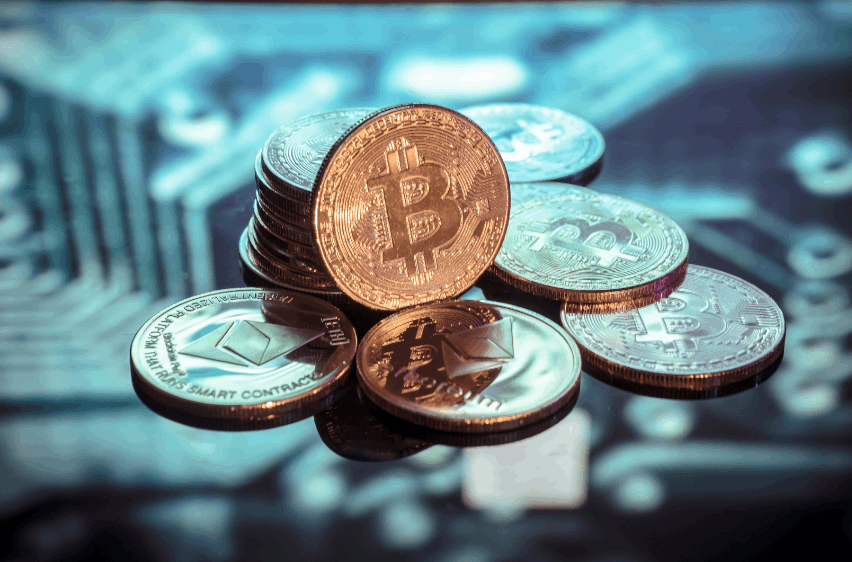
In the United States, transacting using crypto is legal. In fact, some well-known companies such as Dish Network, Microsoft Store, and Subway allow BTC payments. Just like fiat money, the government wants to make sure that it is safe for consumers. This is done through the Department of Treasury’s Financial Crimes Enforcement Network (FinCEN).
I want to emphasize that important to note that the Treasury considers crypto as a money services business and not a kind of currency. Because of this, it is covered by the Bank Secrecy Act, which mandates that any exchange and payment processing should adhere to legal responsibilities.
This means that platforms and crypto companies should comply with government-approved guidelines regarding reporting, registration, and record-keeping. Crypto is also recognized as property or asset to be covered by the Internal Revenue Service (IRS) for taxation.
The Uses of Digital Cash
The use of crypto is legal only when it is used to exchange in legal ways. In the US and around the world, cryptocurrencies are being used as a way to buy goods and services. As a cryptocurrency owner, I would make sure that my transactions, as well as the goods and services I buy, are all legal.
BTC, ETH, and many other cryptos are being used to invest in organizations, donate to charities, pay for goods, and compensate for services. In fact, when BTC was new, some tech companies paid their employees in Bitcoin.
Aside from these, trading is a great way to profit using crypto money. This is a business or investment opportunity where I can purchase coins at a certain price, hold them until they rise in value, and sell at higher prices. This is pretty much like stock trading.
How it Works
Now, let us move on to the more complex part. How does cryptocurrency work? Above, I talked about the fact that virtual currencies like crypto are assets that have their own value and are in a decentralized system. This may look simple, but the technology behind it can be complicated.
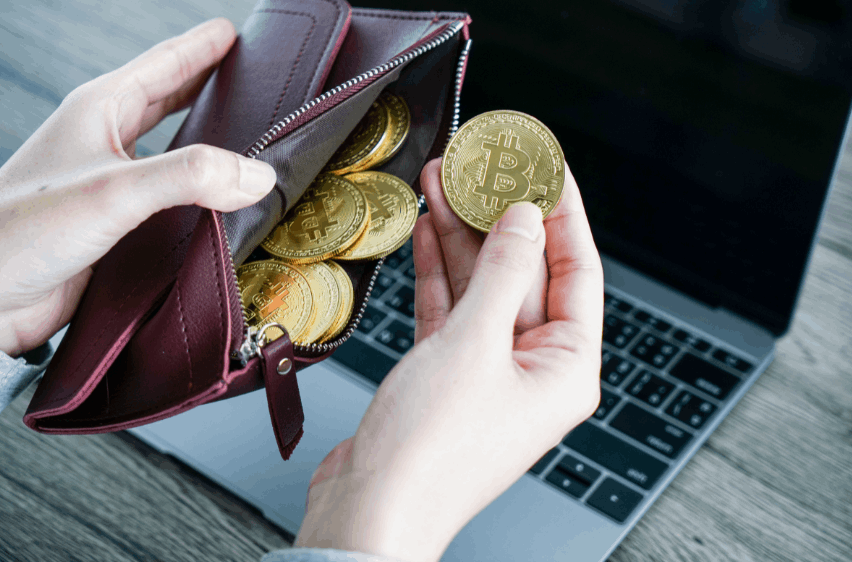
These assets use cryptography to operate in a decentralized, yet organized manner. First, let us talk about the virtual and public ledger that keeps it all together: the blockchain. This system is where all transaction records are stored in connected blocks of information.
When transaction info is stored in the blockchain, the records become much easier to access and track. Moreover, it eliminates the need for a middleman to successfully facilitate and record any exchange, paving the way towards peer-to-peer transactions.
As an owner, I have a unique string of characters, which acts as an address for my crypto wallet. This creates a mask of anonymity as no personal info is attached to the wallet. However, keep in mind that law enforcement and tech-savvy individuals may still find identifying details.
Issuance and Mining
Now that we have talked about the blockchain, let us move on to issuance. While the process of issuing coins is decentralized, it remains to be under strict control through cryptography. Users can earn crypto by processing the blocks of information in the blockchain. This is also called mining.
With millions of people using each type of coin, their respective blockchains can become complicated. What keeps it in order is miners or people who use their computer’s computing power to record and verify each block. A so-called proof of work (PoW) needs to be overcome for miners to be rewarded with tokens.
PoW and other cryptographic techniques are used to purposefully make block processing difficult and complicated. Without these, one could use spoofing or other similar methods to cheat the system and give myself more coins, rendering the cryptocurrency worthless.
Getting Your Hands on Crypto
In my personal experience, getting my hands on cryptocurrency has been a smooth journey. Between purchasing coins to earning them via compensation for my services, obtaining tokens can be easy. There are many ways to earn these coins.
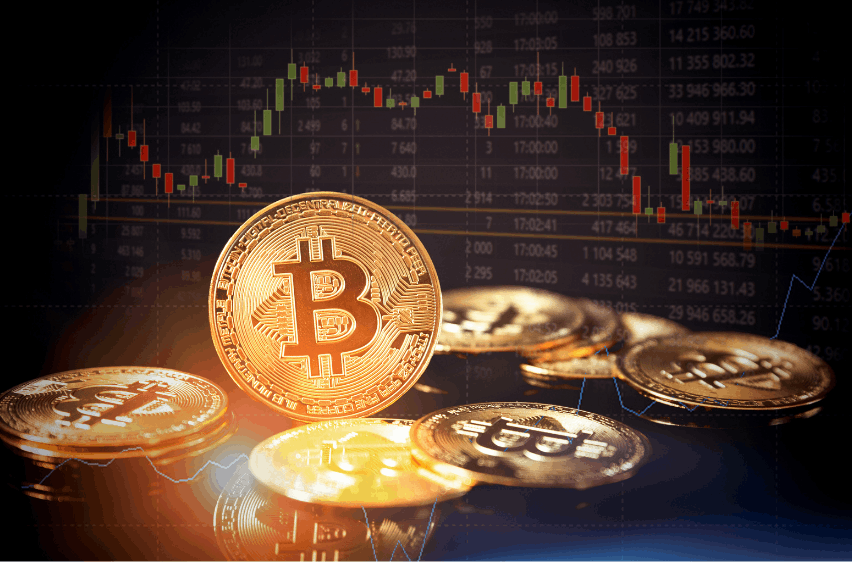
One way is by selling my products and services in exchange for coins. This is one of the most popular methods as over 50% of crypto transactions are like this. Another way is by mining, which requires powerful computing machines with high-end graphics processing units (GPUs).
For those who are looking for ways to get crypto coins without selling anything or mining, they can do so by way of crypto trading. This requires users to purchase tokens from trading platforms. These services not only allow users to purchase coins but also to sell them.
Trading Platforms to Check Out
The best way to trade crypto is through TradeStation, which is considered the best overall. It is beginner- and casual trader-friendly and has a lot of coins including BTC, LTC, ETH, and XRP. However, for those looking for low fees, eToro is the way to go.
For those looking for the best crypto exchange platform, Coinbase is a great choice. It is one of the most popular with more than 20 million users. It also has an intuitive interface combined with a variety of crypto offerings.
Lastly, for those who want a platform that has most of the alternative coins out there, Bittrex a good pick. It has more than 100 tradeable coins. The problem is, it does not have a mobile or desktop platform. What I use for mobile trading is RobinHood, as this is easy to use.
The Bottom Line
Digital cash, particularly cryptocurrencies, is fast becoming a high-value mode of payment and owning assets.
With its popularity, my bet is these coins are here to stay and they may play a bigger role in the economy and society of the future.
